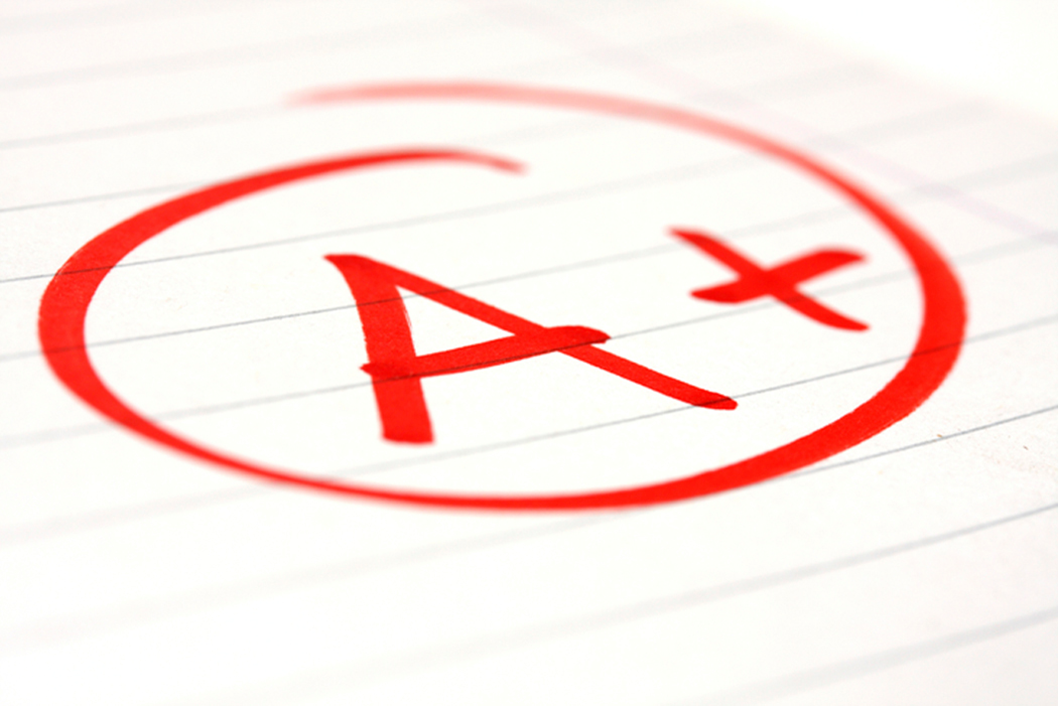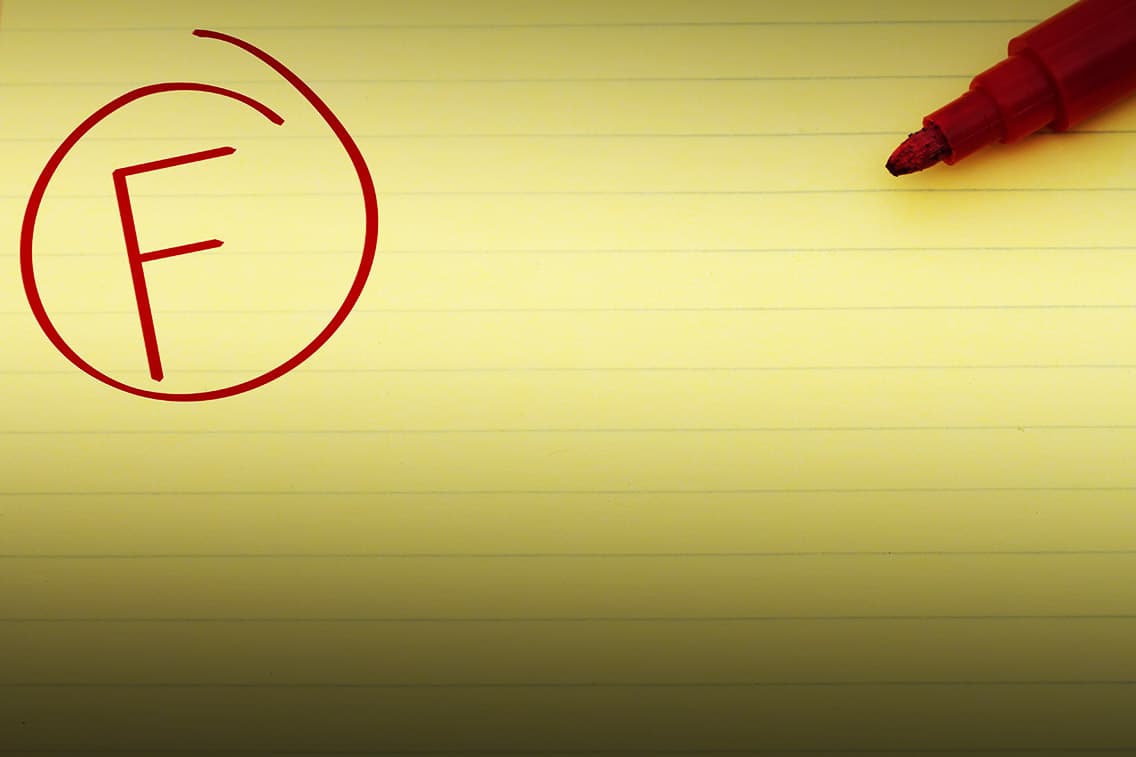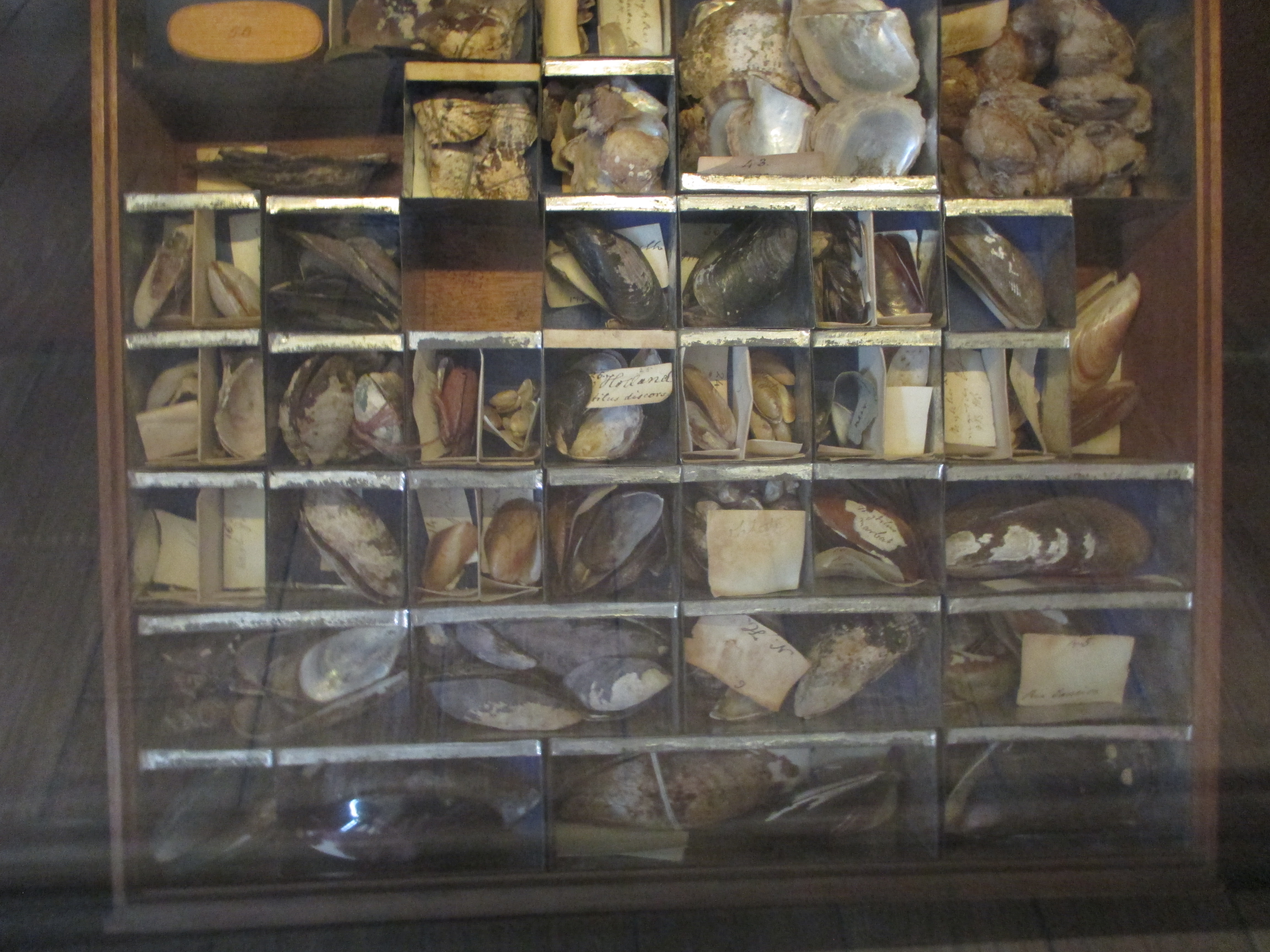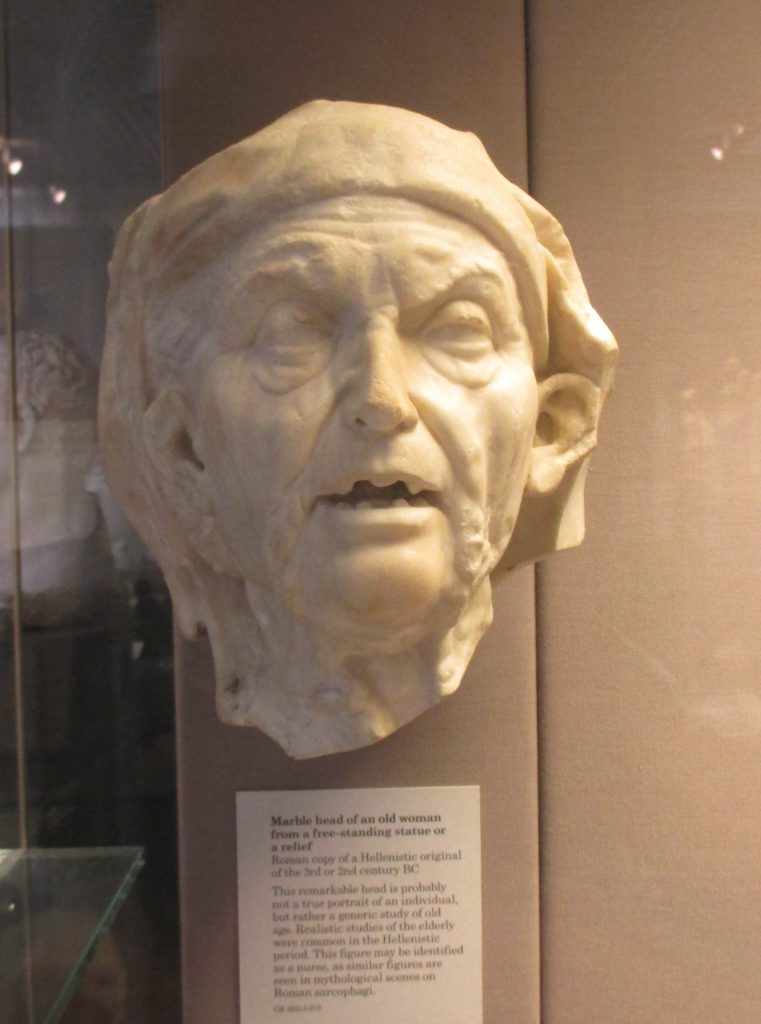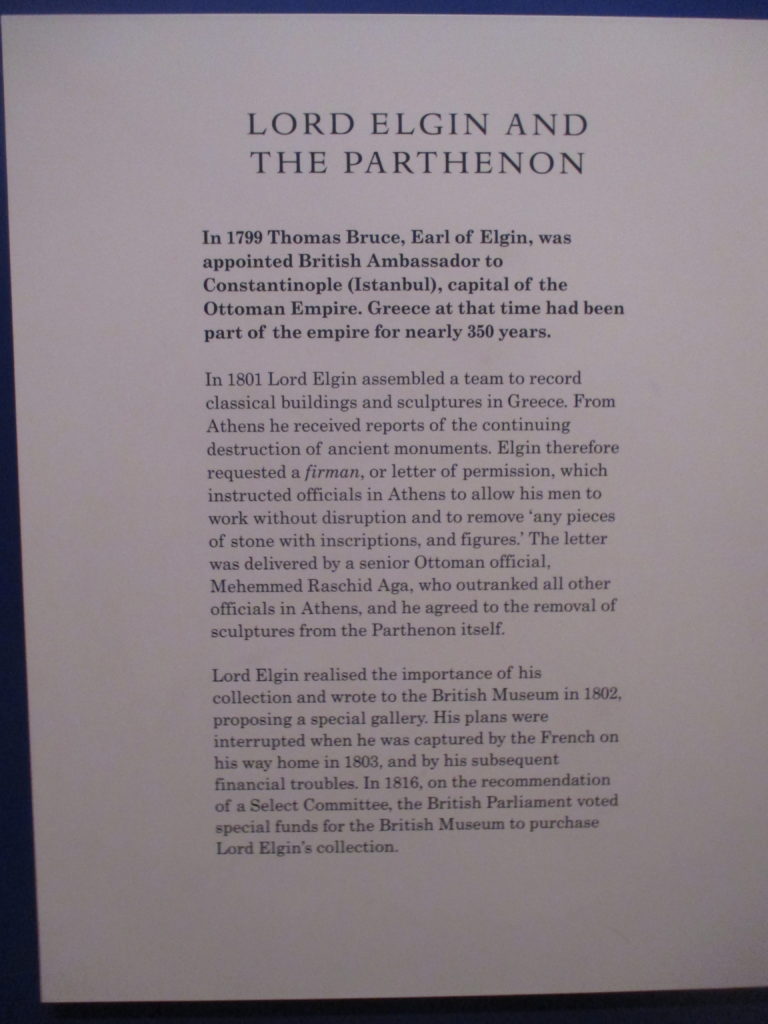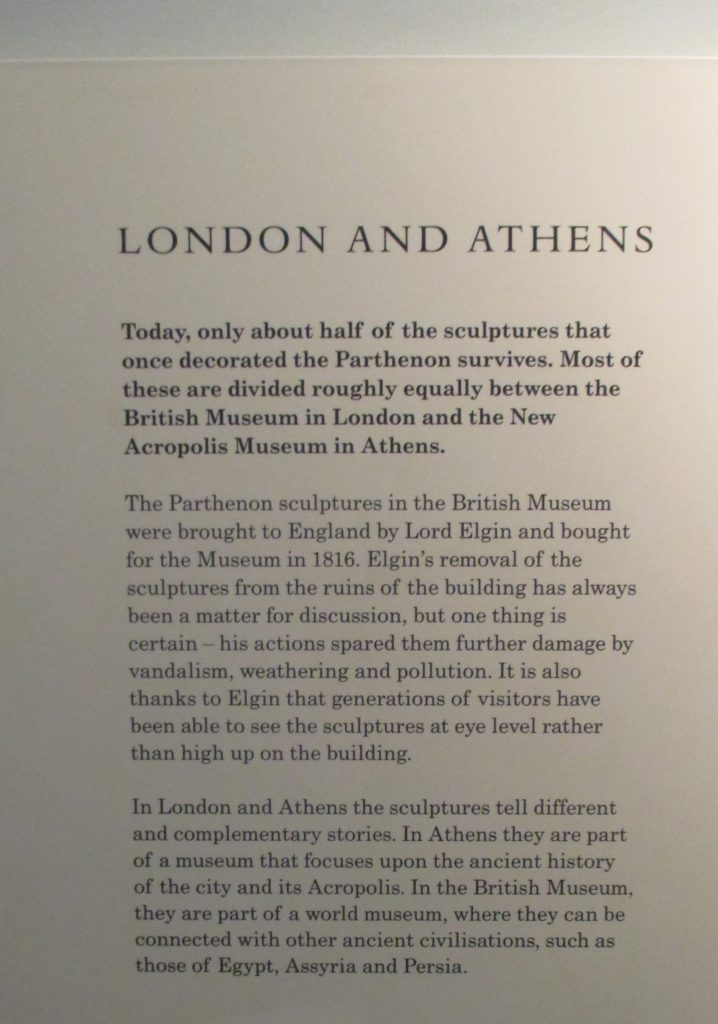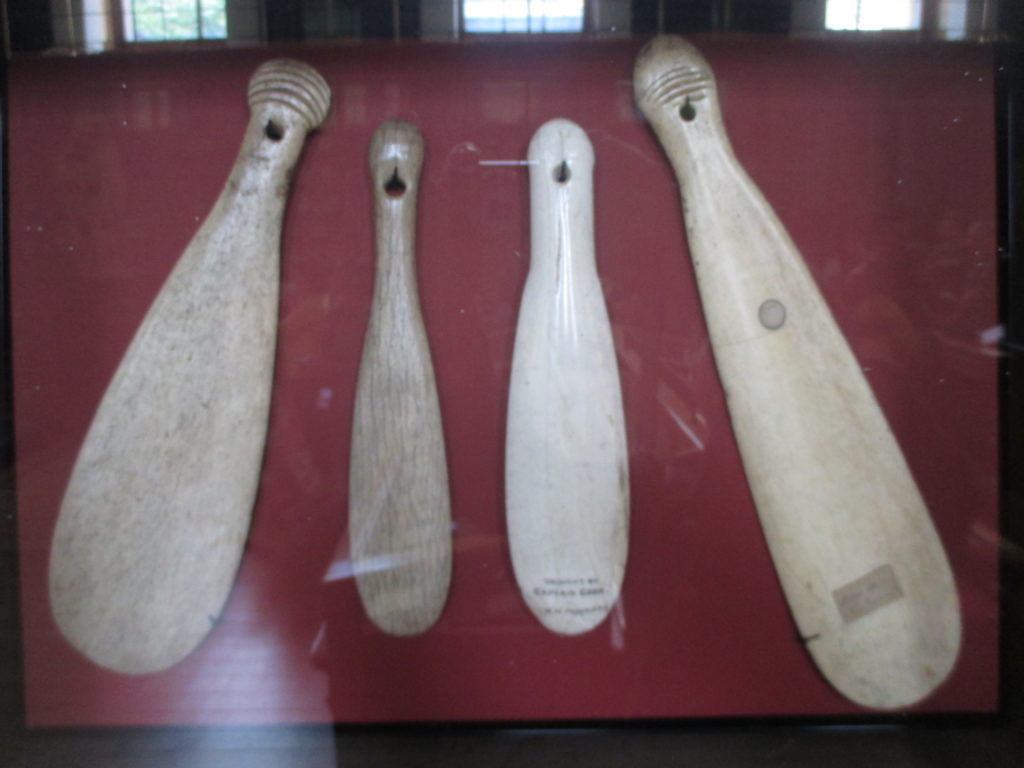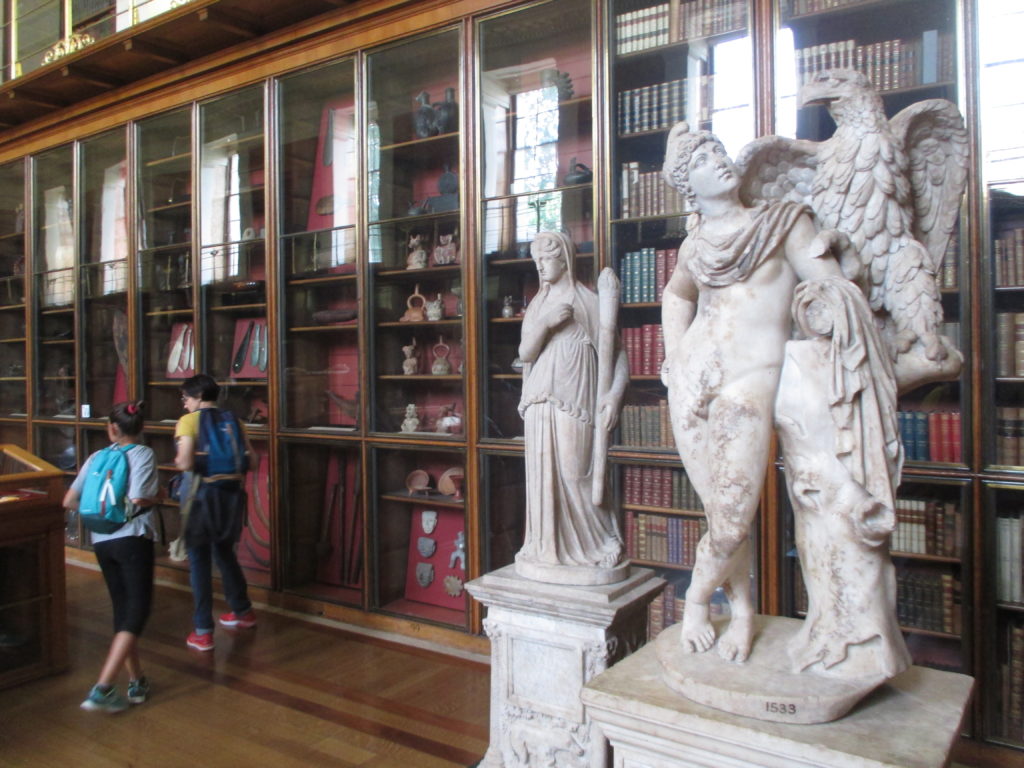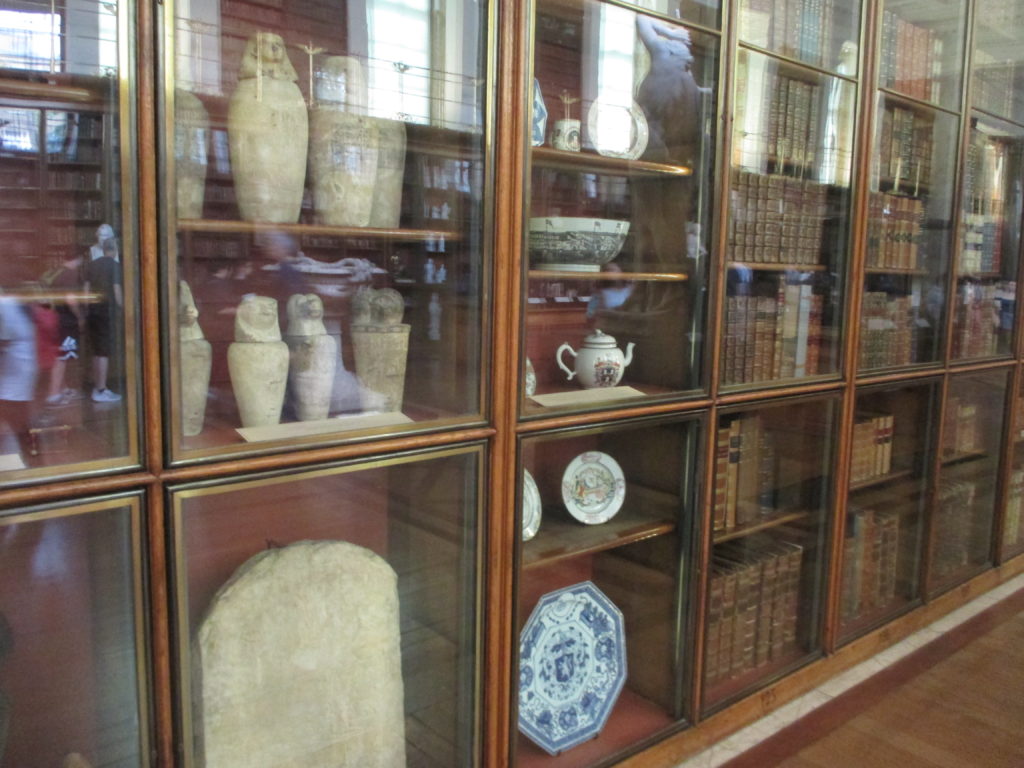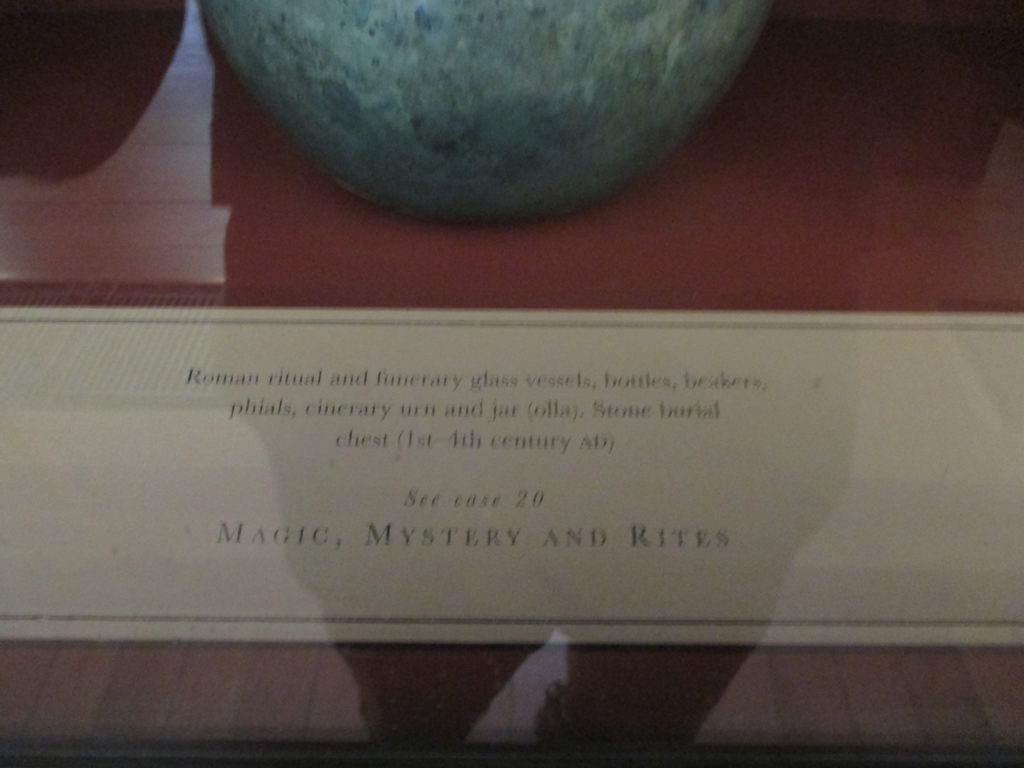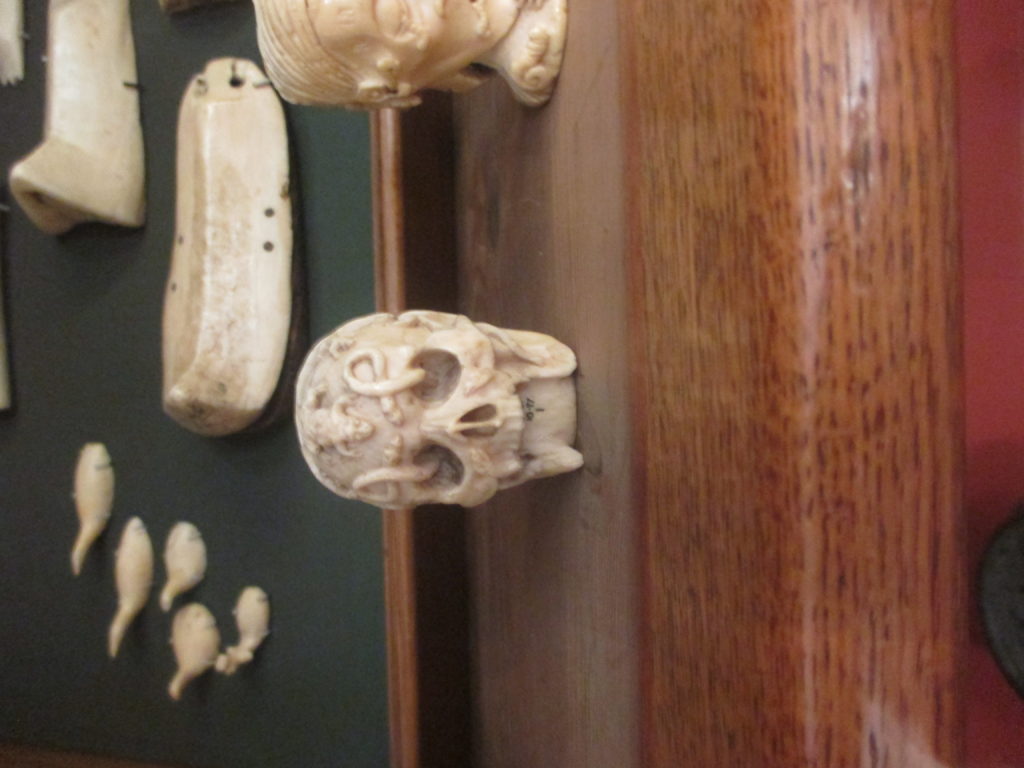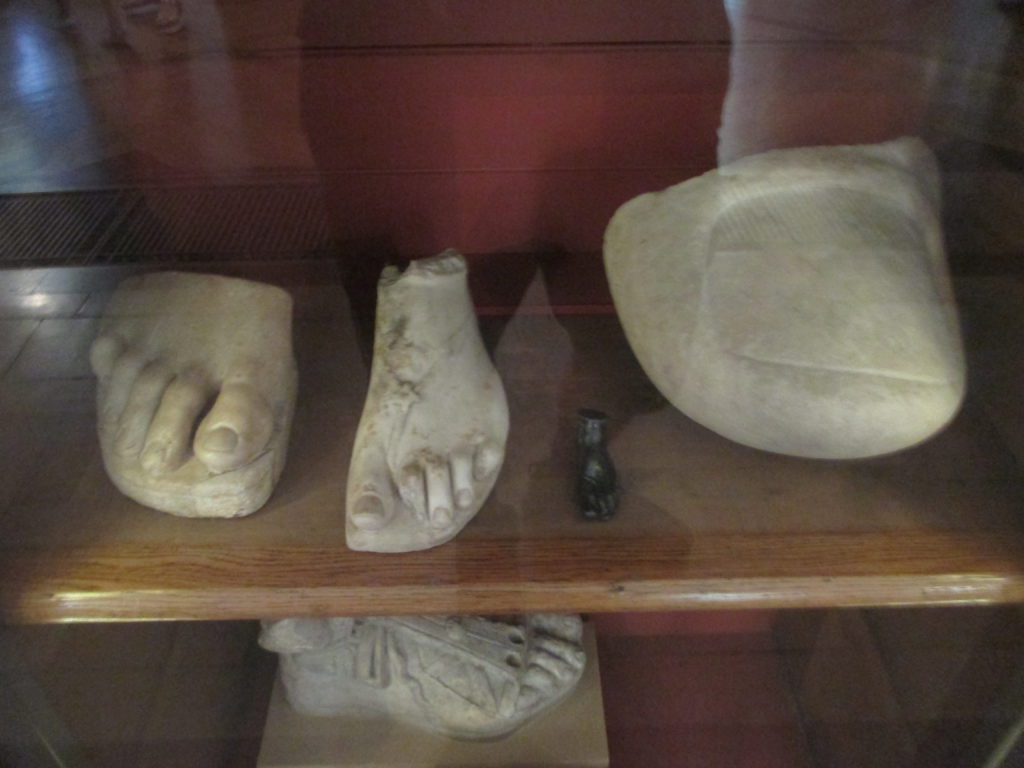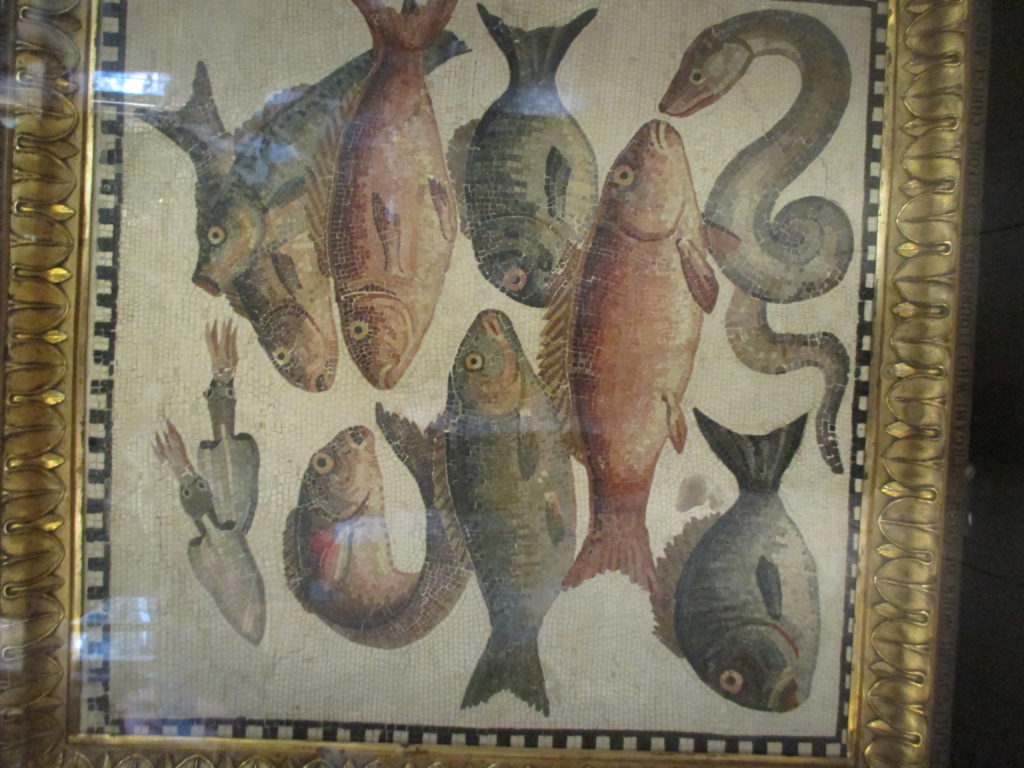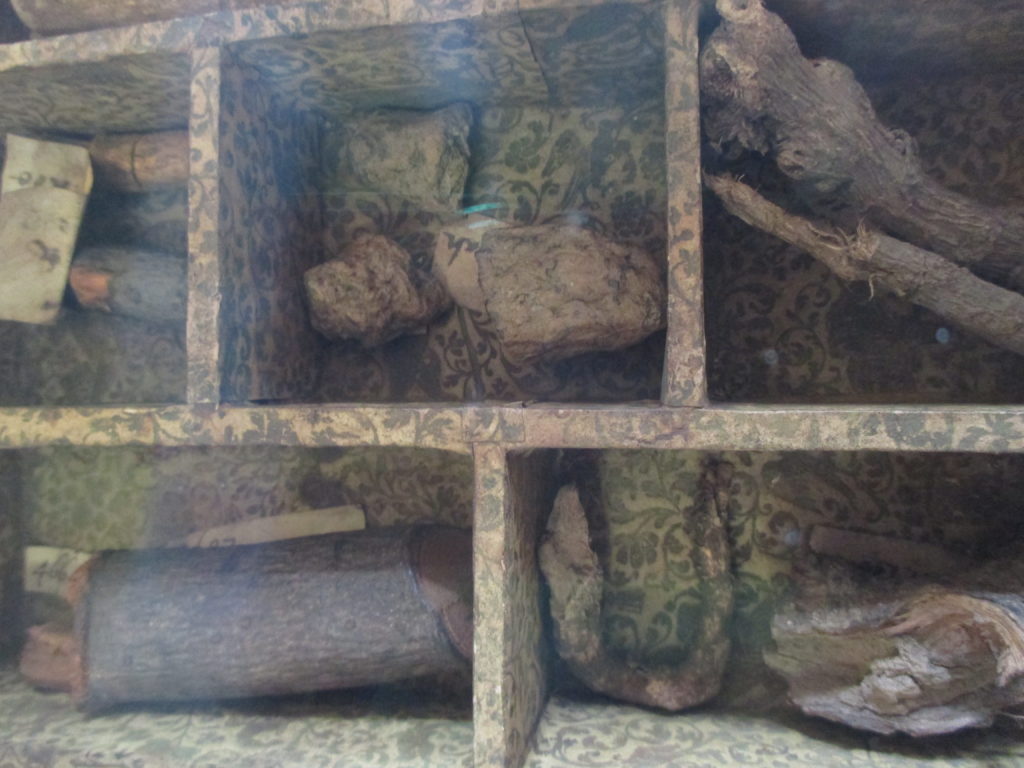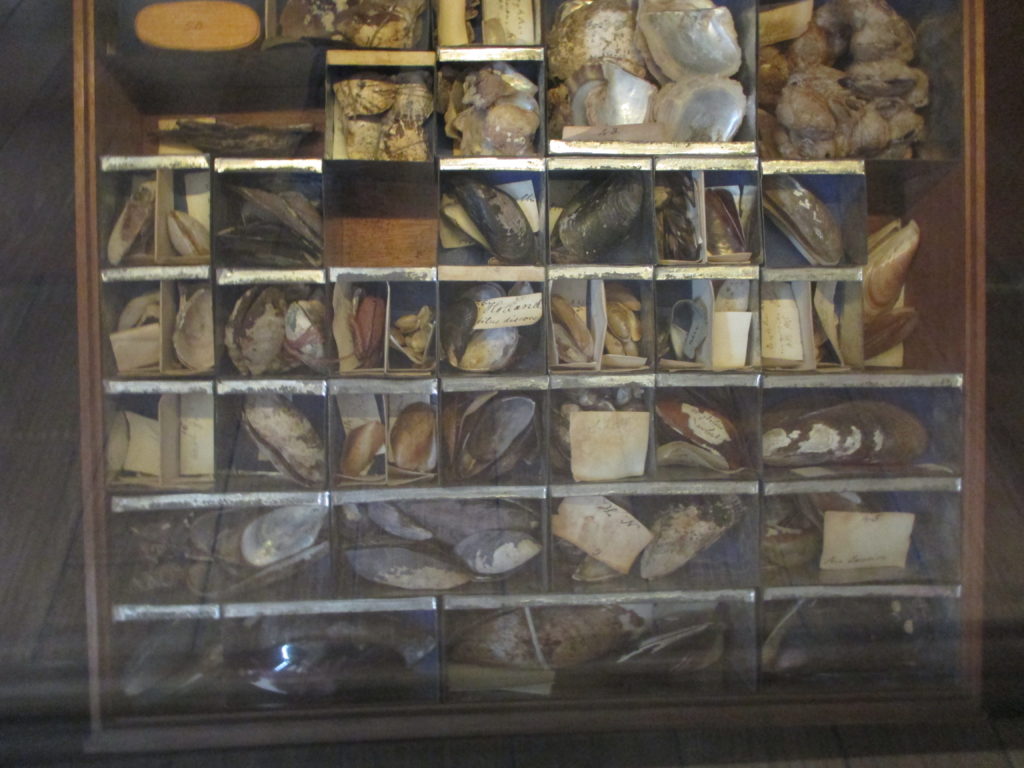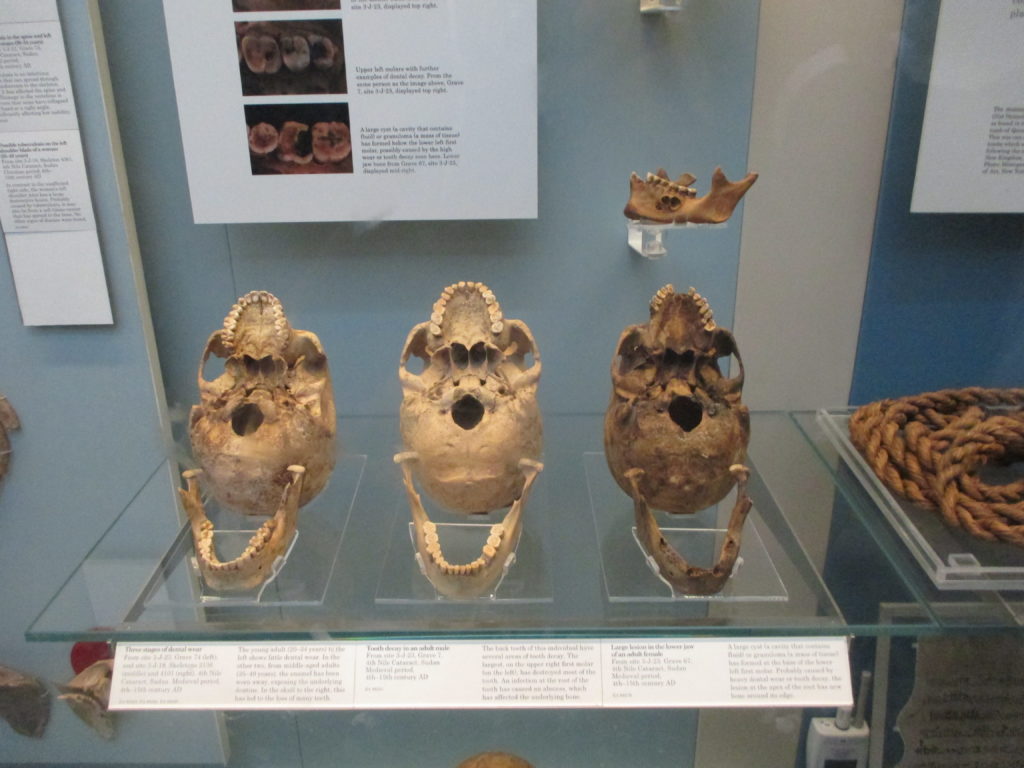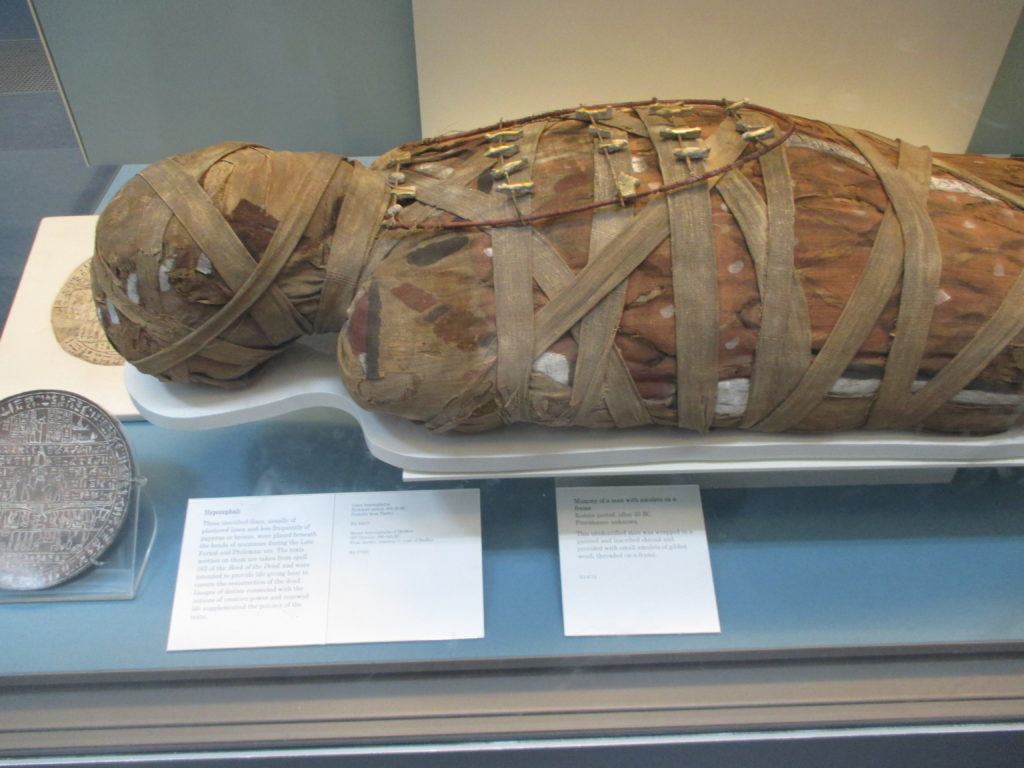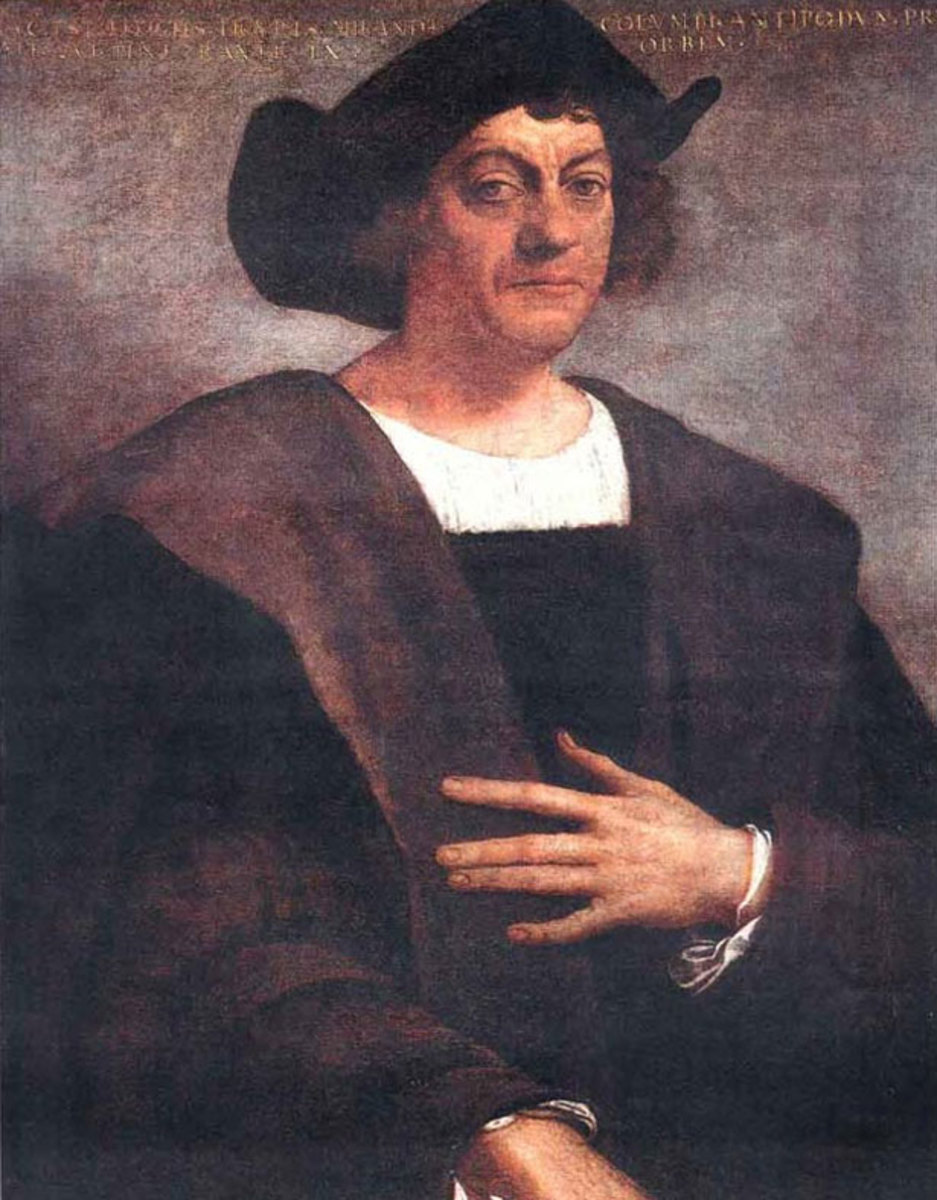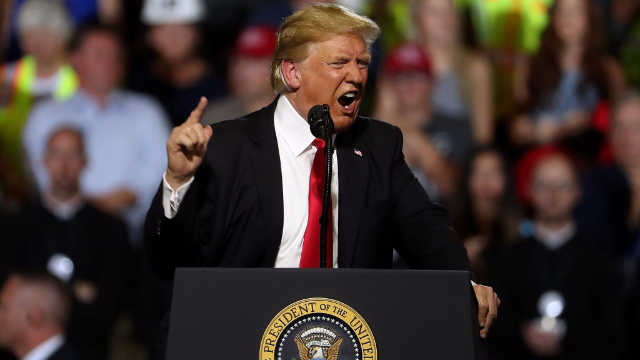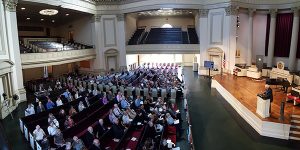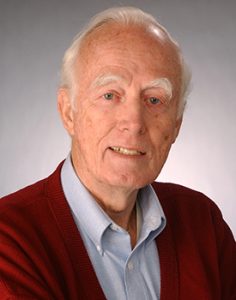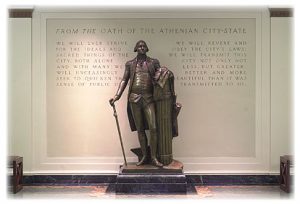A long time ago a couple of my colleagues and I in the history department were talking with a professor in the School of Education. He worked closely with our students who sought the certification and credentialing that would allow them to teach social studies in New York schools. He mentioned one of our students, who he said was one of the best natural teachers he ever had seen. No one, he said, had been so effective at so young an age in conveying important historical content to secondary-schoolers with such grace and style. When he told us who this student was, I felt some surprise. This particular student was a nice kid, but across the board we had viewed him as at best an extremely average C+/B- student.
Obviously, this young man took what he learned in our courses and turned it into something magical. This experience made clear to me that there is no necessary relationship between the grades we give and what students learn in our courses.
I have written about grades and grading on this blog before. I responded to a piece in the Chronicle of Higher Education by an Emory University professor who described himself as an “Easy A.” I have wondered about the relationship between grading and the challenges of student retention. And I always have been uncomfortable, at some level, with the power relationship inherent in grading student work. Giving a bad grade closes doors on students, and restricts opportunities available to them to pursue further studies.
This past semester, I undertook my first experiment in “ungrading.” I stopped scoring papers, opting instead to write lengthy comments. And I met with each student—I teach about 90 to 100 students a semester—during Finals Week for individual conferences. They handed in their final papers, and they told me what they thought they deserved for the course. I wanted to encourage student input into the grading process.
Those meetings are complete, and I have had a chance to reflect on the experience. I learned a lot. First, students seem to like this change. They told me that for the most part it caused them less stress than more traditional forms of grading. There were some exceptions to this. First-year students, fresh from high school and a regimen of standardized tests, sometimes expressed frustration at not knowing where they stood.
Second, the power relationship in grading is still present. A small number of students wildly overstated, in my view, the quality of their performance in the class. A student who came to a third of our class meetings, did not participate in our discussions, and who watched videos on his laptop thought he deserved a B when I thought he was failing the course. What to do then? I pointed out why I thought his estimation was too high. Sometimes, I must remind myself, a student and I might not agree. We talked about what he had learned, and it was then that he persuaded me that he took from my class more than his work and his engagement showed. I have him a D, but I felt terrible about it.
This brings me to a third, and very important, point. Students are fair and honest about their performance in class. Sometimes they criticized themselves for things I had not noticed. For the most part, they did not make excuses. But there are exceptions. “Non-Traditional” students and transfer students tended to grade themselves far too harshly. Our college is much more demanding than the community colleges our transfer students attend. It is understandable that they may feel overwhelmed by the increased workload and the higher expectations. That sense of being adrift manifested in them feeling, I suspect, that they were not doing as well as they were. The same thing goes for students of color, who thought much less of their work than I did. But overall, students were honest about their strengths and weaknesses. I have taught at Geneseo for twenty years, and this did not surprise me at all.
Not everything went as well as I would have liked. I need to improve my record-keeping and communication, so I am going to begin making more use of the college’s learning management system, specifically for communicating with students on their work and offering comments, criticism, and encouragement. I will also devote a portion of my first class meeting to collaborating with the students on drawing up a list of standards for assigning final grades. (We are required to submit final letter grades). In this I have drawn much inspiration from Cate Denial who is light years ahead of me in her thinking about assessment and student learning. You can see something of how I envision next semester’s ungrading system in the syllabus for my course in Indigenous Law and Public Policy that I posted a couple of days ago.
I fully recognize that my approach will not work for everyone or in every field, and that my concerns about grading may not be shared by all. But I felt little attachment to the way I customarily had graded, and felt the need to do something new. I have not worked all the bugs out of the system, but I am glad I made the change.
When I mentioned that I was thinking of making this change, some friends told me that I would be overwhelmed, and that every student would ask for an “A” for their final grade. That simply was not the case. What the system has done is eliminate some of the stress grading causes students, replace it with a system that recognizes improvement and effort. It is based upon a recognition that not all students enter my classes with the same baseline knowledge and cultural capital, and that relative growth is significant. It allows students influence and ownership of the grading system. Most of all, it has allowed me to experiment with a system that eliminates the Olympian pretense that in my view influences too much grading. There is no Platonic standard, and different students excel in different ways. It is easy in this line of work to fall into a routine, to assign the same things year after year, and recycle the same notes and materials. It is easy to assume that my standards are correct, appropriate, and always better than those that students might propose, and to forget that grading can be imperfect, imprecise, subject to my moods and my fatigue levels. I have much to learn as a scholar and as a teacher. I can always do my job better. And as I continue on this journey, I am hopeful that it will benefit students.

